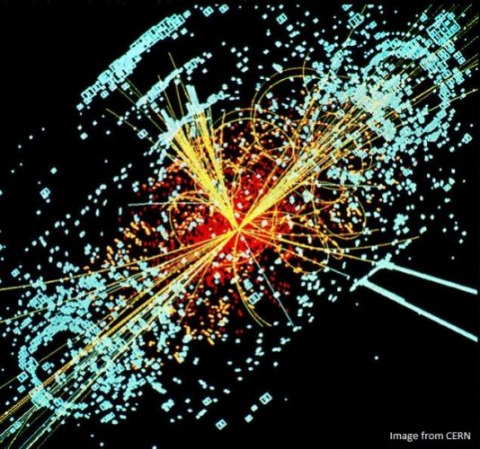

Yesterday I considered whether anything about God’s general providence can be gleaned apart from revelation, just by the use of natural reason. The more difficult case is His particular providence.
Can anything about God’s direction of history can be gleaned just by the use of natural reason, apart from revelation? Nobody seems to believe this anymore, but not so long ago almost every intelligent person did.
I’ve been asked whether yesterday’s post, “Blaming the Victim,” was about the student at Georgetown University who wrote after being mugged that it happened because people like him are “privileged.” He said that until there is economic equality, “we should get comfortable with sporadic muggings and break-ins. I can hardly blame them.”
No, I wasn’t commenting on him. At the time I wrote the post I hadn’t even heard of him.
A young man dresses up in expensive clothing, stuffs his pockets to the bulging point with money, then walks into a rough neighborhood. Someone hits him over the head, takes his money, and leaves him bleeding in the street. If you suggest that he acted recklessly, you are accused of “blaming the victim.”
Why is it so difficult to make a few simple distinctions?
The perpetrator is entirely to blame for robbery and assault.
But the victim in this case is to blame for foolhardiness and indiscretion.
 Once upon a long time ago I shared the foolish Romantic view that animals are somehow lessened by entering into partnership with man. But if man is greater than animal, why shouldn’t we say that they are enobled by it? The sheepdog or rescue dog which we admire is not a person; it is not rational; it does not understand the reasons for our commands. Yet i
Once upon a long time ago I shared the foolish Romantic view that animals are somehow lessened by entering into partnership with man. But if man is greater than animal, why shouldn’t we say that they are enobled by it? The sheepdog or rescue dog which we admire is not a person; it is not rational; it does not understand the reasons for our commands. Yet i
 A Higgs boson particle walks into a Catholic church. Surprised, the priest asks, “what are you doing here?” The particle replies, “You can’t have mass without me!”
A Higgs boson particle walks into a Catholic church. Surprised, the priest asks, “what are you doing here?” The particle replies, “You can’t have mass without me!”
I am always surprised by the resistance which the classical definition of man as a rational animal stirs.
Rationality has two aspects, one concerning how I decide what to do, the other concerning how I recognize the way things are.
People often speak as though acting naturally were the opposite of acting rationally. For the other animals, it is. For humans, it isn’t. Because we have a rational nature, all of our natural inclinations must pertain to reason in some way, or they would not be natural to us.